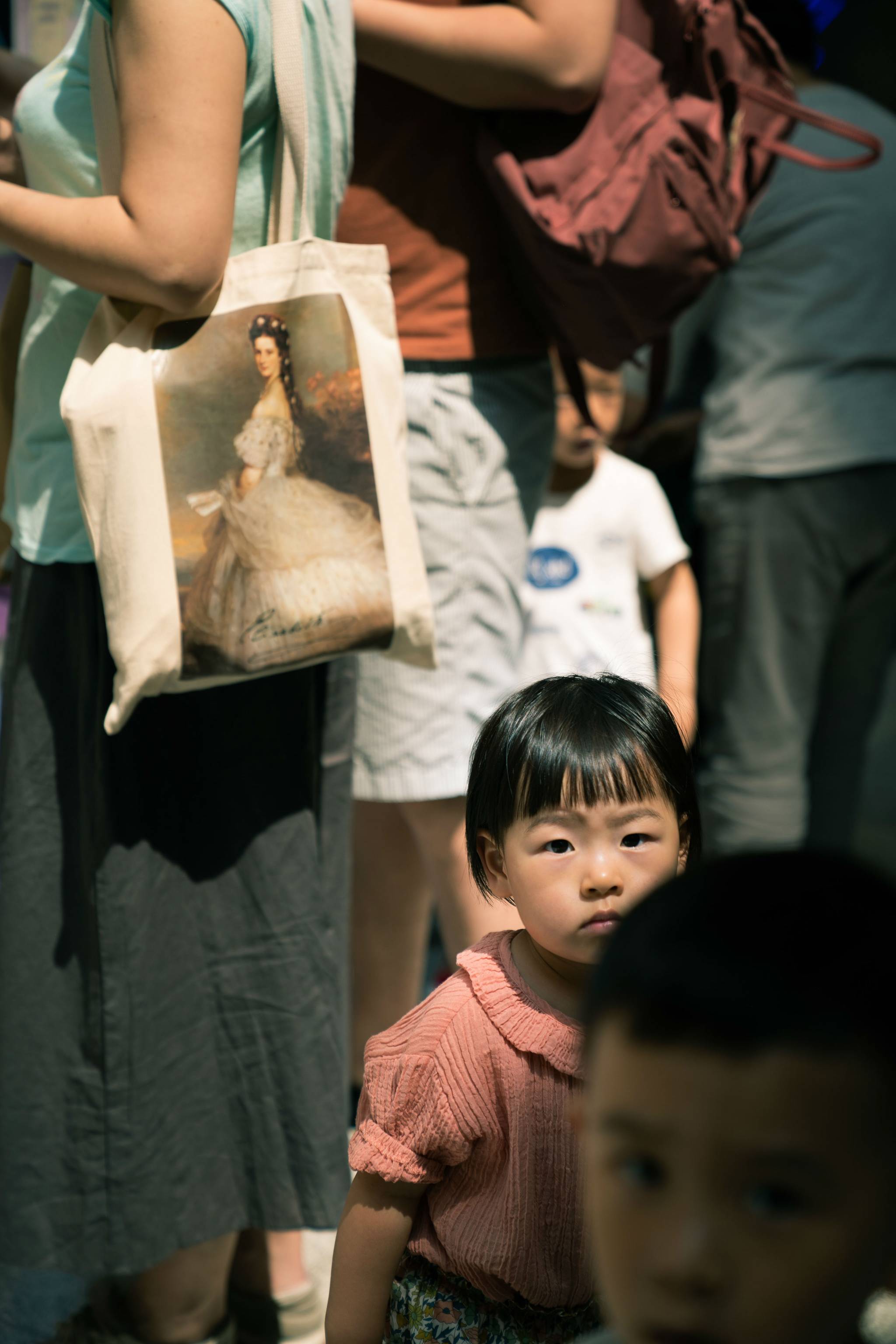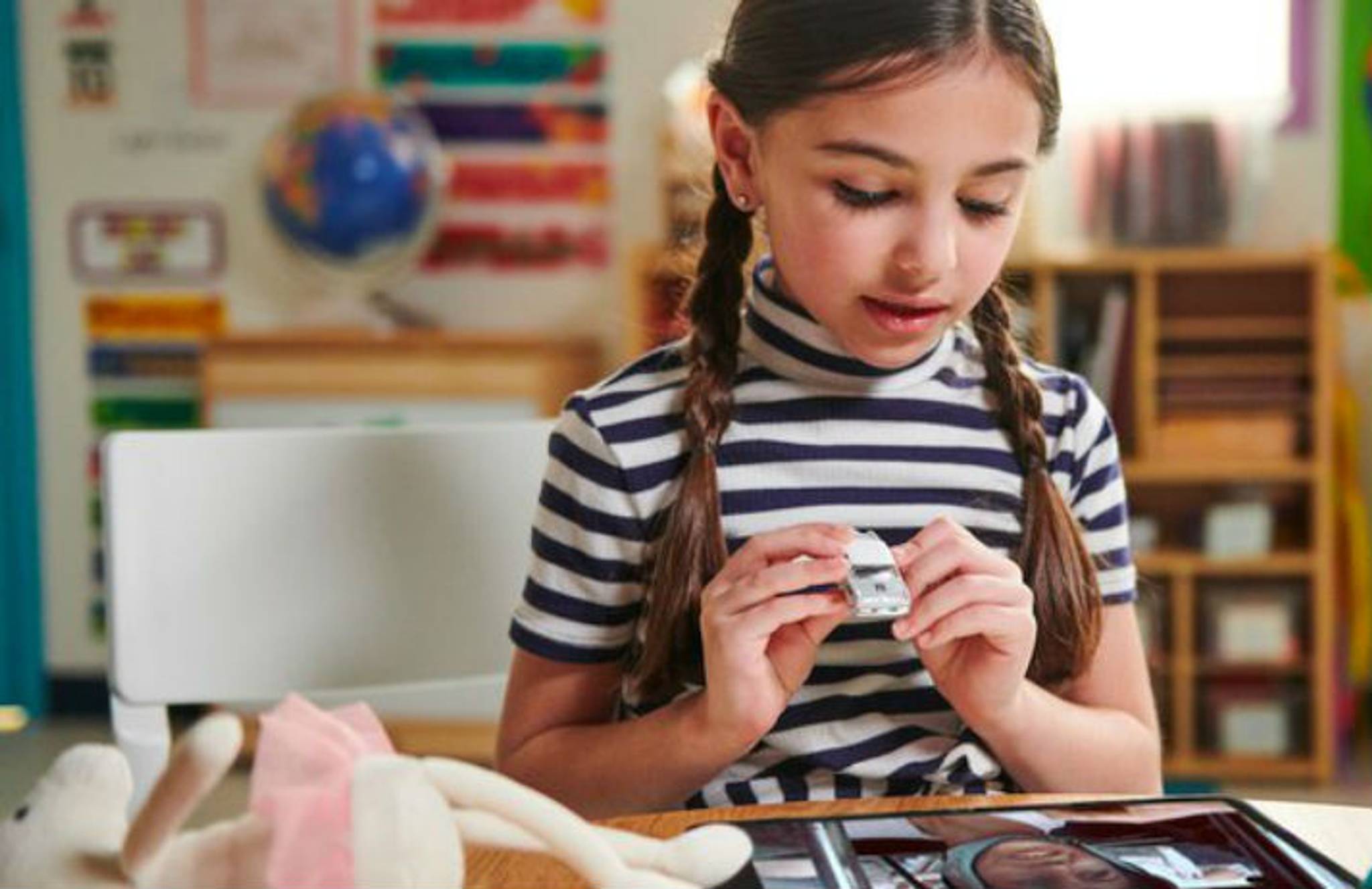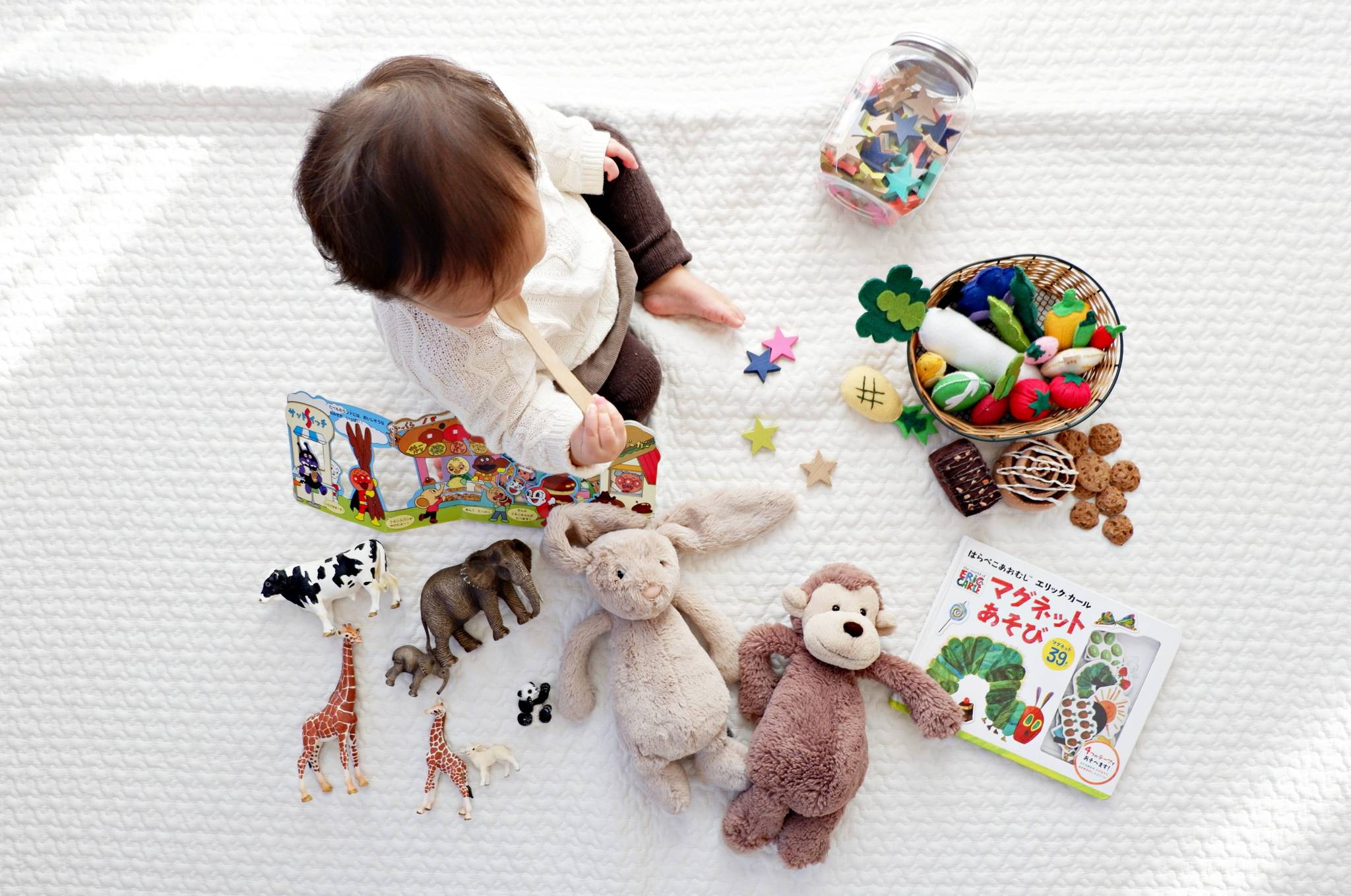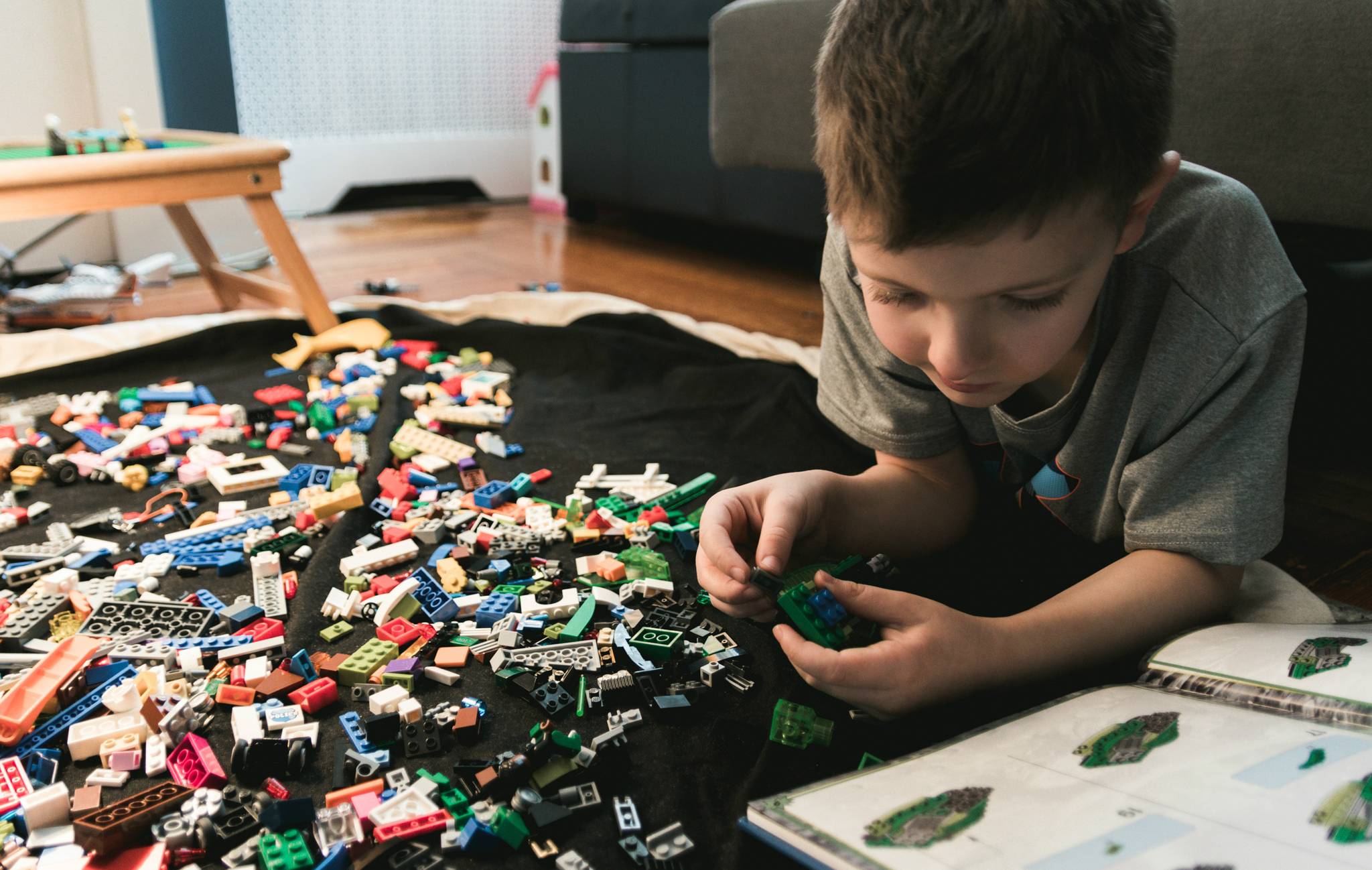
BMC Toys has announced plans to create packs of toy soldiers depicting women in combat roles. More and more Gen Y parents are prioritizing inclusivity when buying toys for their kids, rejecting the idea of gendered playtime to help foster gender equality among the next generation. We explore the insights behind this and why inclusive play is important for children of all genders.
After receiving a personal letter from a six-year-old girl, BMC Toys pledged to update its classic toy soldiers with figures of female fighters. Just like the male toys, the female soldiers will be designed in the style of mid-20th-century troops in at least four different poses. The company will be launching a crowdfunding campaign to reach its aim of getting the toys in stores before Christmas 2020. “Every kid wants to be the hero of their own story,” says Jeff Imel, owner of BMC Toys. “It shouldn't be up to us to decide who the hero is. Girls should be able to connect to the toys just as much as boys do.”
The US Army opened up combat roles to women in 2015 and they now account for approximately 16% of people on active duty in the American military. As such, BMC’s move to incorporate female soldiers is reflective of real life, veering away from the stereotype that only men can fight.
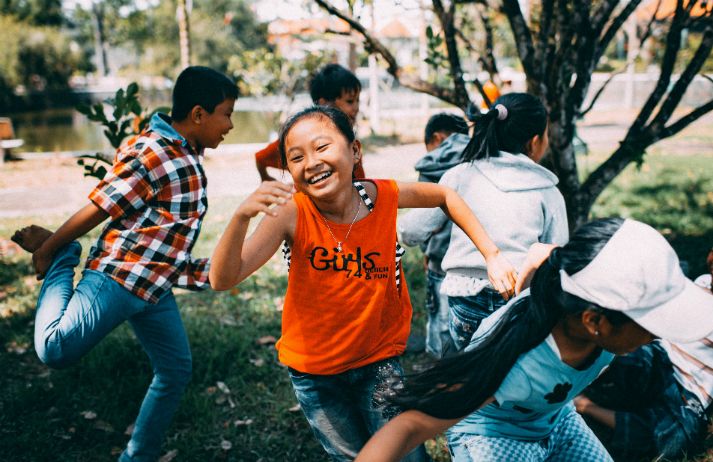
Research shows that a child’s toys can influence their perceptions of gender. As Dr. Zimmermann, professor of psychology at Shenandoah University in Virginia, explains “we know that these stereotypes that are being shaped and reinforced can be linked to a lot of different things from educational and occupational goals to academic ability to social development. It is really important to have children get this broad range of experiences.”
Parents who want to instill a sense of equality in their kids are likely to respond positively to these soldiers. This applies to Gen Yers in particular, more than two-thirds of whom say they’d be more likely to buy from a brand that offers inclusive product ranges. Mattel has also taken steps to make its toys more inclusive, offering a range of Ken Dolls with different races and body types as well as a range of dolls with customizable gender identities.
Isabel Evans is a junior behavioural analyst at Canvas8. Fascinated by how and why people do things, she has an MSc in cognitive and decision sciences from UCL. You can often find her drinking endless coffees, running around Regent’s Park, or delving into a book.
